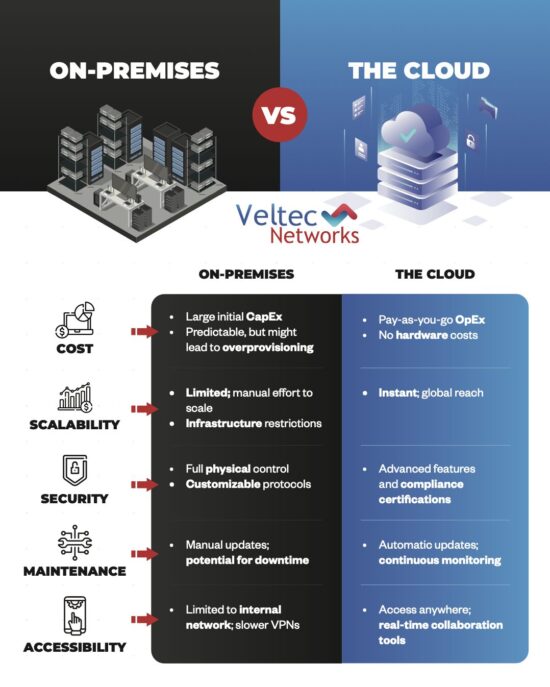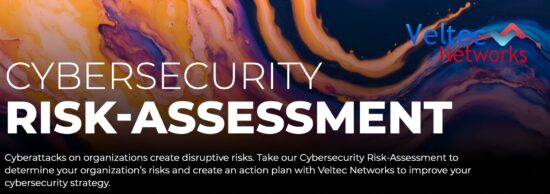Protect Your Business From Phishing Scams and Spam During the Coronavirus
Learn why spam and phishing emails are on the rise. Get tips to protect your business. Find out why having your employees work from home creates new vulnerabilities.
As an unprecedented number of businesses send their employees home, they also open their networks and IT systems to a new set of vulnerabilities. While the coronavirus spreads through the world, creating panic and uncertainty, cybercriminals are taking advantage of remote workers and stressed IT systems by sending out spam and phishing emails. If you are transitioning to a remote workforce, you need to be aware of these risks and have procedures in place to protect yourself.

Shift to Remote Work During the Coronavirus
As governors around the country issue shelter-in-place or stay-at-home orders, non-essential businesses are sending their workers home. While many have been forced into unemployment or paid leave, others can stay productive while at home. One survey indicates that 85% of companies have sent over half their workers home.
Increase in Spam and Scams
While working from home, employees access company files and data on their own devices, outside of on-site firewalls, and this shift creates new vulnerabilities in IT environments.
Over a third of executives surveyed reported that cyberthreats have increased as they have shifted to remote teams, and one reported a 40% increase in cyber attacks. The real numbers may be higher.
Mirian Wugmeister from Morrison & Foerster’s global privacy and data security group says that “The bad guys know that every IT department and cybersecurity group is currently overwhelmed and stretched.” Criminals are opportunists, and they leverage situations like the coronavirus to their advantage.
How to Protect Your Business
To protect your business from the uptick in cyberattacks, you should consider working with a San Jose computer network security company. They can help you set up security measures such as antivirus software, spam filters, and IT support for remote workers, and they can guide you toward the best practices and solutions as you shift from an in-house team to a remote team.
Keep these tips in mind:
- Warn employees about malicious websites. Right now cybercriminals are creating sites that appear to provide information about the coronavirus but instead put malicious files on your devices or network. Advise employees about this cyberattack and consider giving them a list of reputable websites where they can access information about COVID-19.
- Watch for phishing emails. Scam artists are also leveraging the fear around the coronavirus to send out phishing emails. These emails may appear to be from someone you know, and they make pleas for money or services based around this pandemic.
- Do not open attachments. Often, phishing emails come with attachments that put dangerous malware or viruses onto your computer. Let your employees know they should not open attachments from strangers or any attachments they weren’t expecting to receive.
- Limit employee access to sensitive data. Do not give everyone in your organization access to all your files and data. Create tiered levels of access. Keep in mind that nearly half of all data breaches are inside jobs.
- Ask employees to update passwords on all Wi-Fi connected devices in their homes. When attacking businesses, cybercriminals often start with unprotected devices such as printers. Once your employees move their offices home, they typically start using their devices on a home network full of all kinds of relatively unprotected devices. Remind your employees about the potential vulnerability of their smart thermostats, gaming consoles, TVs, and other devices, and tell them to strengthen their passwords.
As your business works hard to stay productive during turbulent times, you need to ensure that your network and your data is as safe as possible. You don’t want to juggle the challenges of a remote team along with the effects of a cyber attack.
At Veltec Networks, we are a San Jose IT services company, and we can help protect your network and your data as you make changes to support a remote team in the midst of the coronavirus. To learn more, contact us today.






